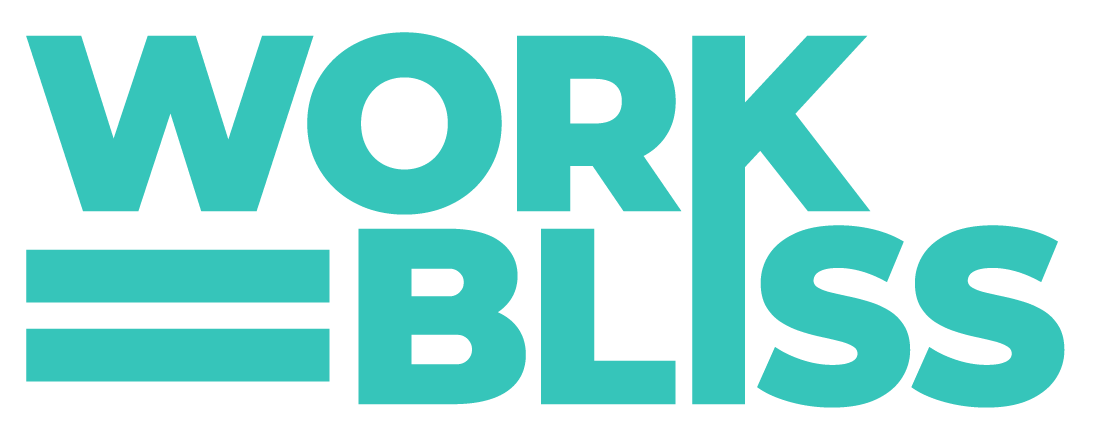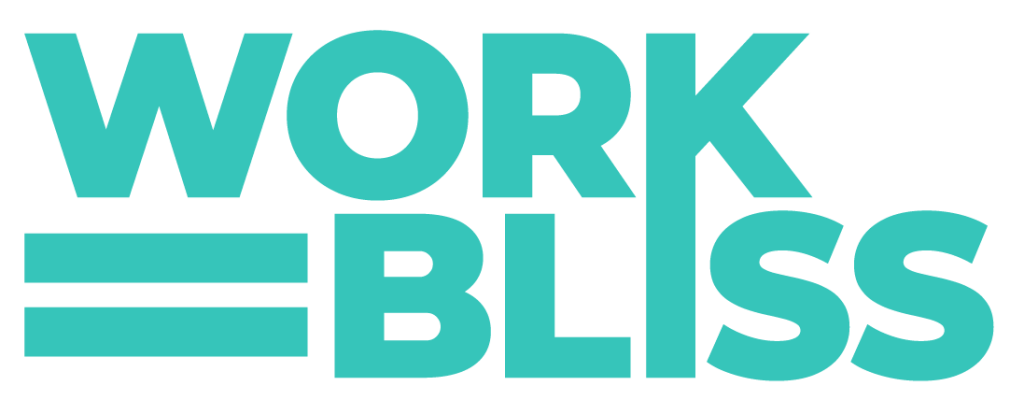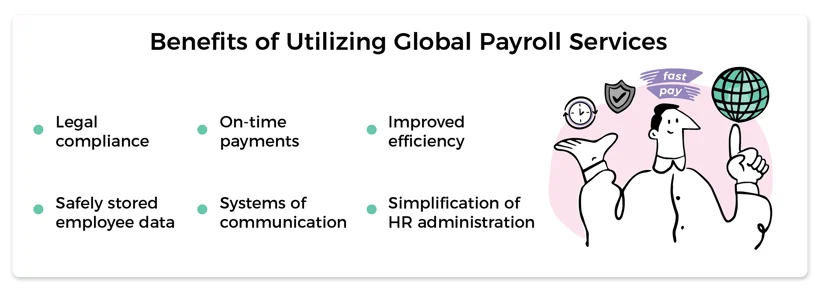In an increasingly interconnected world, businesses often find themselves expanding their operations across borders. While global expansion offers exciting opportunities, it also comes with its fair share of challenges, one of the most daunting being managing global payroll. This complex task involves handling everything from overseas bank transfers to navigating volatile currency exchanges and wrestling with diverse compliance requirements. In this article, we’ll explore the reasons why managing global payroll can be a nightmare and discuss solutions, such as leveraging third-party providers like Employee of Record (EOR) services, to simplify the process.
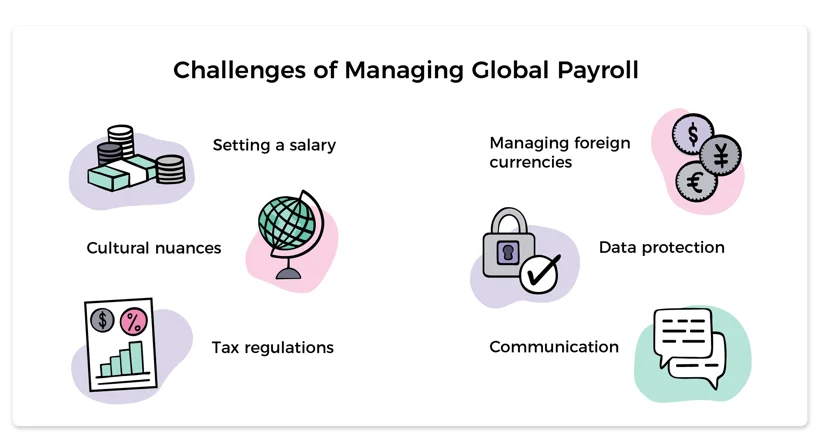
Overseas Bank Transfers: A Herculean Task
One of the most significant headaches in global payroll management is navigating the intricate web of overseas bank transfers. Sending payments to employees in different countries involves dealing with varying banking systems, transaction fees, and international regulations. Each transfer can be an ordeal, requiring careful attention to detail and the possibility of delays or errors that can harm employee morale and disrupt business operations.
Volatile Currency Exchanges: A Constant Worry
Currency exchange rates are like a roller coaster ride, unpredictable and often turbulent. Managing global payroll means dealing with fluctuating exchange rates, which can significantly impact the actual value of an employee’s salary. Sudden currency depreciation or appreciation can lead to financial hardships for employees and extra expenses for the company, making it crucial to constantly monitor and mitigate currency risks.
Compliance Nightmares: Juggling Multiple Regulations
Global expansion exposes businesses to a myriad of legal and regulatory hurdles in different countries. Managing payroll entails understanding and adhering to the distinct wage laws, tax codes, social contributions, and labor regulations of each country. Staying compliant is no easy task, and even minor oversights can result in fines, legal disputes, or damage to a company’s reputation.
The Complexity of Local Taxes
Local tax laws vary widely, adding another layer of complexity to global payroll management. Understanding the nuances of each country’s tax system, including withholding taxes, deductions, and exemptions, is essential to ensure that both the company and its employees are meeting their tax obligations. Failure to do so can lead to significant financial repercussions and legal complications.
The Challenge of Social Contributions
Beyond taxes, many countries require employers to make social contributions on behalf of their employees. These contributions fund various social welfare programs, such as healthcare, pensions, and unemployment benefits. Managing these contributions, which can differ significantly from country to country, is a time-consuming and intricate process.
A Potential Solution: Employee of Record (EOR) Services
Given the complexities of managing global payroll, many businesses turn to third-party providers, such as Employee of Record (EOR) services, to streamline the process. EOR organizations serve as intermediaries, hiring and paying employees on behalf of the client company. This approach offers several advantages:
- Expertise: EOR providers have extensive knowledge of local labor laws, tax codes, and compliance requirements, reducing the risk of costly errors.
- Simplicity: EOR services simplify payroll processing, ensuring timely and accurate payments to employees while handling all the necessary tax withholdings and social contributions.
- Flexibility: Businesses can choose whether to hire employees directly or use EOR services, providing flexibility in their global expansion strategy.
- Risk Mitigation: EOR providers assume much of the legal and financial risk, protecting the client company from potential compliance violations and penalties.
Conclusion
Managing payroll is undeniably challenging, with overseas bank transfers, volatile currency exchanges, and complex compliance requirements making it a potential nightmare. To ease this burden, businesses can opt for Employee of Record (EOR) services or other third-party solutions. These services offer expertise, simplicity, and risk mitigation, enabling companies to expand globally with confidence and focus on their core operations. While global payroll will always present unique challenges, leveraging the right resources can turn a payroll nightmare into a manageable task.
